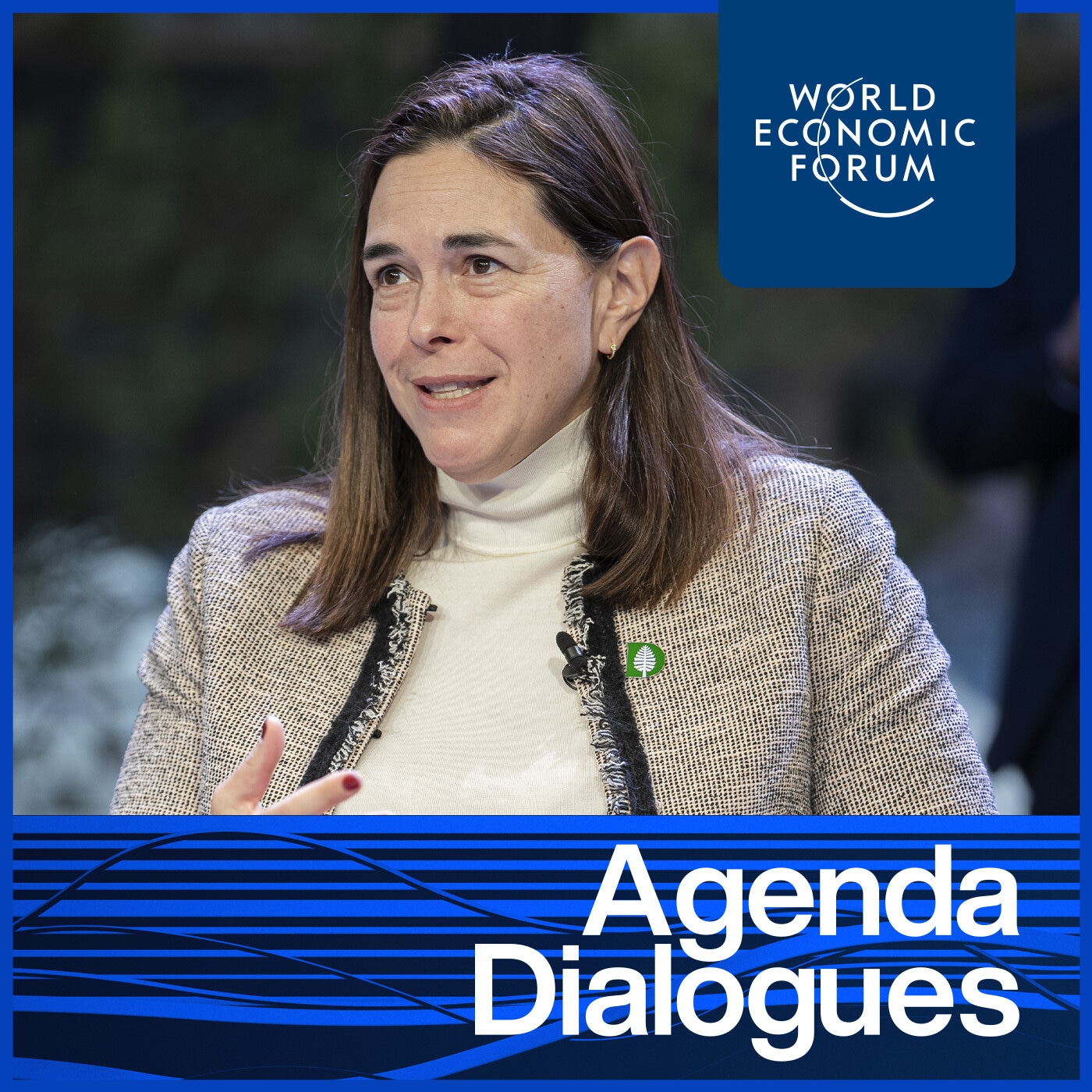Making Space for Leadership
Stay up to date:
leadership
If you learned that there were nine words you could say that would change the way you interact with the world, what would you do with them?
As a Global Leadership Fellow with the World Economic Forum, I spent the past week at the Columbia University School of the Arts with several of the world’s most prominent acting coaches and performing arts professors. While I don’t anticipate that I will become the next Robert De Niro or Natalie Portman, I do know that I and my fellow Fellows in the Global Leadership Fellows programme came away with several valuable lessons.
First, we learned that leadership, like a great jazz improvisation, needs to be an interactive dialogue where the players resonate with each other to work harmoniously toward a goal. We were privileged this past Friday evening to have a private concert with four of the most gifted jazz musicians in the world. In between music sets, we talked with the Christopher Washburne Quartet about leadership, teamwork and jazz. Individually talented people who remain simultaneously true to their internal compass and open to new direction bring out a collective creative genius; when one player is narcissistic with the spotlight the result is disharmony.
Second, we learned the role of a leader is to set the stage (metaphorically speaking) for change and empower others to take ownership of the vision. Alfredo Jaar, a Chilean artist, visited a Scandinavian town in which the majority of people had never been to a museum. Jaar asked the main employer in town, a papermill, to donate heavyweight paper, which he used to construct a temporary museum. The museum was inaugurated by the entire town, and celebrated with a 24-hour party that ended with setting the paper museum ablaze. Seeing how a museum can be a physical space to house the town’s cultural and spiritual richness, the community vigorously defended the museum’s existence. Realizing authenticity cannot come from the outside, Jaar offered to help them build their own permanent museum. Jaar’s leadership, which opened a new vision and then empowered them to create something that embodies their values and spirit, makes space for local leadership to emerge.
Third, we saw how performing arts can provide the vessel for social change. During the week at Columbia, we spent time with both the Impact Repertory Theatre, which mentors Harlem youth and shows them how the performing arts can be a positive outlet, and the Theatre for the Oppressed, which empowers battered women, child soldiers and sweatshop workers to share their stories and collectively brainstorm solutions to their problems. Being on stage gives otherwise “invisible” individuals the respect and focus they deserve. Sometimes, this alone can do more to solve inequality than government programmes or civil society. Audiences can immerse themselves emotionally in the lives of others, creating deeper empathy and breaking down cultural walls that would otherwise result in future conflicts.
Lastly, we learned nine words that can be immensely powerful in connecting ourself with the people around us that with and for whom we are committed to improving the state of the world. Like actors on a stage before they begin their performance, we learned to say to ourselves with our full mind, full spirit and entire body: “I am here in this space with you all”.
These words can be the simplest yet most powerful way for us to build the internal discipline and contagious passion that allows us to both be present as sentient beings and to take the stage as global leaders.
*Abigail Noble is Head of Latin America and Africa at the Schwab Foundation for Social Entrepreneurship
Don't miss any update on this topic
Create a free account and access your personalized content collection with our latest publications and analyses.
License and Republishing
World Economic Forum articles may be republished in accordance with the Creative Commons Attribution-NonCommercial-NoDerivatives 4.0 International Public License, and in accordance with our Terms of Use.
The views expressed in this article are those of the author alone and not the World Economic Forum.
Related topics:
Forum Stories newsletter
Bringing you weekly curated insights and analysis on the global issues that matter.
More on Education and SkillsSee all
Rachmat Pambudy
May 1, 2025
Shuvasish Sharma and Ximena Játiva
May 1, 2025
Ricky Li and Ximena Játiva
May 1, 2025
Ana Mahony
April 30, 2025
Ronit Avni
April 28, 2025





